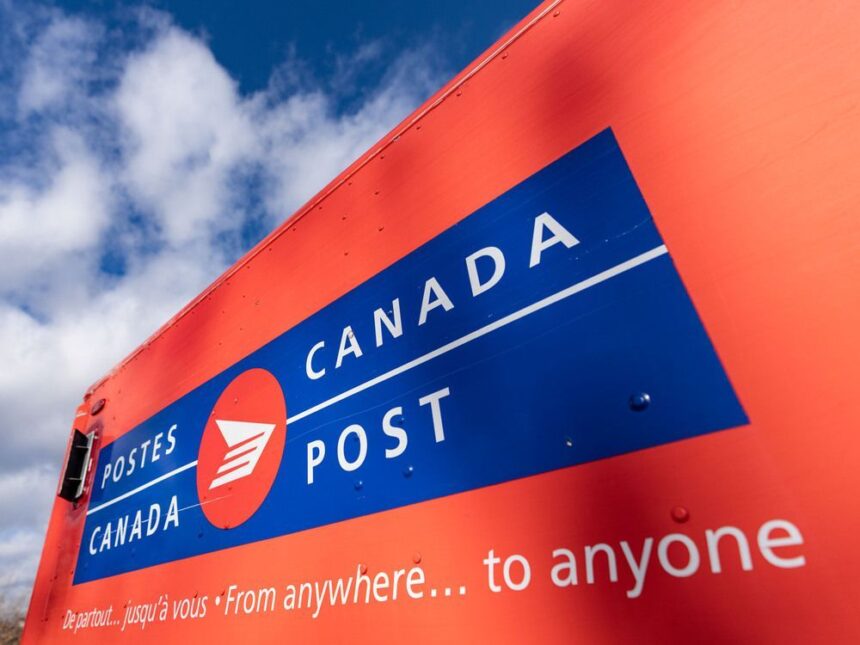The familiar sight of Canada Post vehicles traversing neighborhood streets will come to an abrupt halt this Friday at midnight, as 55,000 postal workers prepare to launch a nationwide strike following months of unsuccessful contract negotiations. The Canadian Union of Postal Workers (CUPW) delivered their 72-hour strike notice Tuesday, setting the stage for what could become one of the country’s most significant labor disruptions in recent years.
“We’ve reached a breaking point,” said Jan Simpson, CUPW National President, in a statement obtained by CO24 Breaking News. “Our members have worked through a pandemic, faced increasing workloads, and dealt with outdated wage structures while Canada Post reported profits. The time for meaningful change is now.”
The dispute centers on several key issues including wage increases, working conditions, and job security. Union representatives claim postal workers’ wages have failed to keep pace with inflation, which hit 3.4% in April according to Statistics Canada. Workers are seeking a 15% increase over four years, while management has countered with an offer of 7.5% over the same period.
Canada Post spokesperson Phil Legault expressed disappointment over the strike notice but confirmed contingency plans are in place. “We remain committed to reaching a negotiated settlement that’s fair to our employees while allowing us to meet the evolving needs of Canadians,” Legault said during a press conference yesterday.
The economic implications of a prolonged postal disruption extend far beyond mail delivery. Canada Post processes over one billion parcels annually, and small businesses that rely on the crown corporation for affordable shipping solutions stand to bear significant costs. A 2018 postal disruption cost the Canadian economy an estimated $66 million per day, according to figures from the Canadian Federation of Independent Business.
Jennifer Robertson, owner of Handcrafted Heroes, an online craft business in Vancouver, voices concerns shared by many entrepreneurs. “My entire business model depends on affordable shipping. Alternative carriers cost nearly triple what I pay through Canada Post, which would eliminate my profit margins completely,” Robertson told CO24 Business.
The federal government has thus far resisted calls to intervene with back-to-work legislation, with Labour Minister Seamus O’Regan urging both sides to “work diligently toward a resolution.” However, historical precedent suggests government intervention remains a possibility if the disruption threatens essential services or extends beyond several weeks.
For millions of Canadians, the timing couldn’t be worse. Online shopping trends show the early holiday shopping season begins in mid-October, with many retailers launching pre-Black Friday promotions. Additionally, more than 6.8 million Canadians receive government benefit checks through mail delivery, though most federal payments have transitioned to direct deposit in recent years.
Professional sports leagues and entertainment venues using mail delivery for ticket distribution have already begun notifying customers of alternative delivery methods. “We’re contacting all ticket holders to arrange digital delivery options,” confirmed Jason Miller, Vice President of Operations for the Vancouver Canucks, in a statement to CO24 Sports.
As the Friday deadline approaches, both sides claim to be open to last-minute negotiations, though neither has indicated willingness to substantially alter their positions. For Canadians across the country, the question now becomes not if their mail service will be disrupted, but for how long the postal landscape will remain empty.










